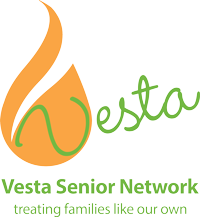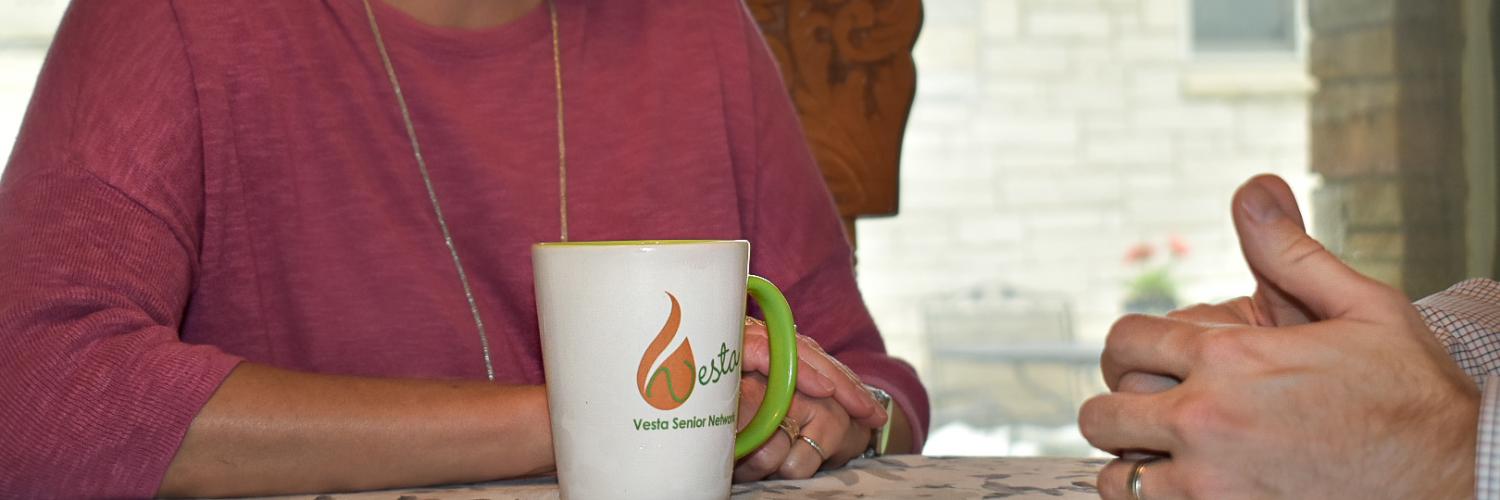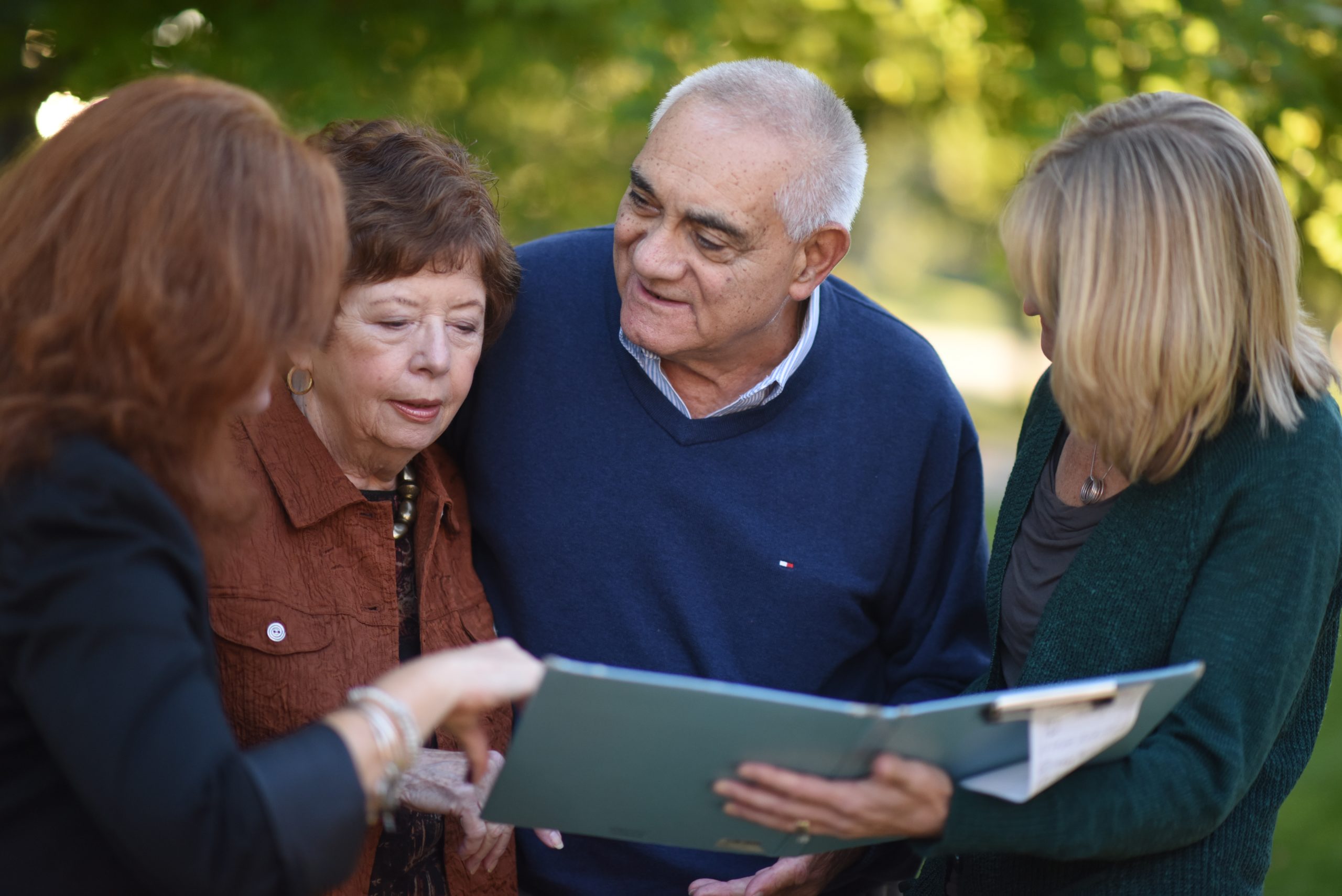Just like all of you, we as Elder Care Advocates at Vesta Senior Network are navigating uncharted waters with respect to COVID 19. Information is coming at us quickly, and often it’s conflicting. Should I take Ibuprofen or Acetaminophen? How long does the virus remain infectious on an inanimate object? How long do the symptoms last? Can I give it to my dog? Can my dog give it to me? How long are we going to be living with these uncomfortable and inconvenient restrictions? And then, we read headlines like this:
“Because the coronavirus spreads via droplets when people are in close contact and is especially risky for people over 80, a nursing home can be a dangerous breeding ground for an outbreak.” Taken from Business Insider, March 11, 2020 in reference to an outbreak at a nursing home in Washington State.
With all of this, we may be asking ourselves if our loved ones who are living in assisted living communities or skilled nursing facilities are safe, or should we be bringing them home to live with us?
We need to remember that nursing homes and assisted living communities are far different than a college dorm. We also need to recognize that the outbreak in Washington State happened early in our understanding of the pandemic. At Vesta, we honestly believe that the individuals living in the good assisted living communities that are providing quality care are safer than those elders living at home with family. You may raise an eyebrow at these statements and think that we must be crazy or must be leaning on our bias, but hear us out….
- Assisted living communities and nursing homes are charged every day with containing and preventing communicable diseases. They have policies and procedures in place and have regular employee training on just this topic. Regularly scheduled sanitizing is part of these policies, and the frequency has even increased due to the current situation. Today, most assisted living communities have no reported cases of COVID 19.
- Many assisted living facilities have put new protocols in place that require each and every employee who enters the building have his or her temperature taken every day when they arrive at work. The employees are also screened for symptoms before they have any interaction with any residents, and if symptoms are present, they are sent home. Most assisted living and skilled nursing facilities have in place COVID 19 restricted visitation policies to help minimize the spread of the virus and are putting measures in place so that families can interact with their loved ones via technology; phone, FaceTime and the like.
- The residents living in the assisted living homes are living there because they need the care that is best provided by a trained professional. Very few of us family members are trained professionals, and in many cases this is why our loved ones weren’t able to stay home with us in the first place.
- Assisted living communities can report what their track record has been with respect to contracting or spreading things like Influenza, Norovirus, etc. If they have been effective in preventing the spread of other common communicable diseases that occur on an annual, or even more frequent basis, we would trust that they have protocols in place to prevent or minimize the spread of COVID 19, as well.
There are other important considerations that must be addressed if you are considering taking your loved one home to try to prevent her from contracting COVID 19.
- Many assisted living communities have written agreements in place that state that a 30 day notice must be given before moving someone out of the facility. You can move your loved one out immediately, but according to your contractual obligation, you will continue to pay at minimum for the rent on the unit until the 30 days expires.
- Assisted living facilities frequently have an expectation that an individual has the ability to pay for his or her care for a specific period of time prior to needing public funding. Therefore, we need to be strategic with our finances so that our loved ones can convert to public funding and remain in their assisted living homes when they outlive their assets. If you take your loved one home right now, ask yourself:
- Is that going to impede her ability to remain in her assisted living home after she outlives her assets?
- Is that essentially requiring that the “clock to Family Care” to start ticking again before the community is willing to accept public funding for her?
- Are you taking your parent or loved one out temporarily, or can you expect to be able to care for him or her through the end of life?If you have to try to place her in assisted living again, your choices will be significantly limited by the assets available.
- Perhaps your loved one wasn’t able to stay home with you because you were working, but perhaps now you have lost your job or your hours have been cut. Is this a permanent situation or are you likely going to need to find work again, or will your hours pick back up in 3 months when our world returns to its new normal? What happens to your loved one then? Are you going to have to find placement all over again?
Ultimately, it’s imperative that you think of what is best for your loved one. If you believe he or she is better off at home with you, you need to be very certain that bringing her home, disrupting routine, and potentially having to do it again with a new placement in the future is what is best. You also need to look yourself in the eye and ask yourself if you are the best person to provide the care for your loved one. If you can answer affirmatively to all of these things, then maybe you are making the right choice. Contact the assisted living placement experts today to learn more & to get started.
Pam Foti, Co-Owner and Elder Care Advocate



